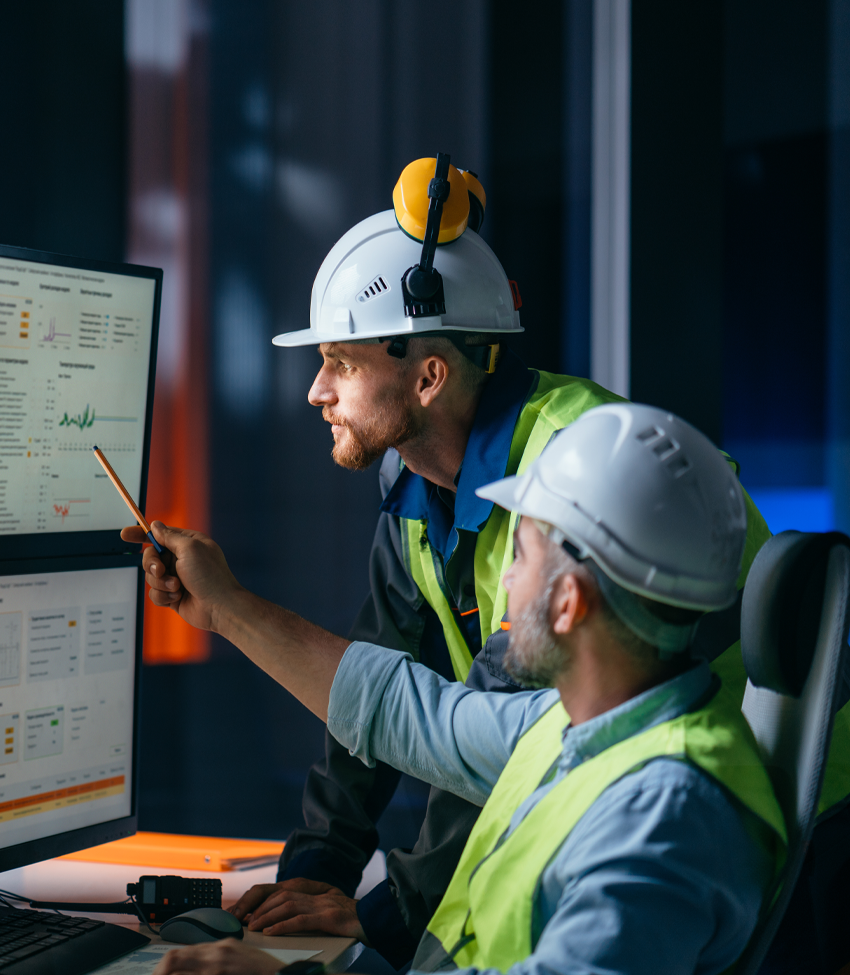Green ERP
7 April 2025
Paula Yarwood, Solutions Architect at Inforlogic, looks at the importance of modern ERP in achieving more sustainable operations.
As sustainability agendas continue to influence the way manufacturers operate and define success, it’s imperative to have a means of monitoring, analysing, and improving resource consumption, waste production, and supply chain efficiency. It’s only by tracking these dynamics cohesively that realistic goals can be set and progress achieved.
Yet in pursuing initiatives, disparity around metrics and greenwash prevails, and manufacturers often find themselves with more questions than answers. Having pinpointed what needs to be established and measured, and in what areas, what processes could be improved, and to what level of detail, is often just the starting point. Once established, a review of what suppliers or partners may have an impact and who is responsible for outcomes regarding improvements in a given area must be ascertained.
But this myriad of variables can’t be reviewed in isolation. When mapped against one another, they have interdependencies and implications, and digital has a pivotal role in contextualising this wealth of data.
Sustainability goals vary from one organisation to another. However, without the proper foundation to view and consolidate these insights, initiatives will likely be limited in their potential.
Gaining a complete understanding of operational overheads, energy usage, waste levels, supplier credentials, transport, and logistics via a single system allows analysis to better understand a manufacturer’s overall profile.
For example, shifting production schedules on the shop floor might offset disproportionate transportation costs. Waste levels may appear high, but they are being used to produce by-products that fall under a separate production schedule. However, without this joined-up picture to analyse, these potential areas for improvement would be absent. The role of ERP in supporting these is crucial, driving the automation, visibility, and intelligence necessary to consolidate data and provide benchmarks from which to build on progress.

Establish a baseline: Conduct a baseline assessment of current sustainability initiatives across the organisation, by function and department. It’s important to start by defining clear objectives which are aligned with wider business strategy. These should factor in regulatory and customer demands, industry standards and shareholder and stakeholder expectations.
Set clearly defined goals, alongside tangible steps and process maps: Sustainability goals must be measurable, achievable to encourage organisational buy-in and demonstrate progress against targets. Plot progress on sustainability goals, and ensure an understanding of how and why progress has been achieved.
Playing the long-term advantage: Regulatory and legislative drivers aside, commercially, the opportunity to leverage sustainability as a competitive advantage has never been higher. Studies show that companies prioritising sustainability outperform their peers, with greater potential for long term market performance.
Evaluate ERP capabilities: Ensure that when evaluating new capabilities, ERP systems provide an integrated platform which consolidates, analyses and funnels insights to bring intelligence to initiatives.
Measure, analyse and measure again: Integrating sustainability into business processes necessitates both modern ERP and the right partner to advise on, and maximise the scope of what’s achievable.
Breaking down silos: Modern ERP represents the digital backbone from which measure and manage sustainability initiatives, bridging the gap between intentions and reportable outcomes and improvements.
Infor SyteLine helps break down silos and inter-departmental barriers to facilitate a cohesive, systematic approach to establish, analyse, track progress and inform reporting on all environmental, social, and governance (ESG) goals. Embedded ESG processes, tools, and data have been built into workflows for informed decision-making and the ability to drill down into variable levels of detail to support the roles of different personnel and departments across the organisation.
Contact us today for more information on how Inforlogic and Infor SyteLine can support your sustainability goals. Whether you’re looking to implement a new system or need some support with your existing SyteLine solution, get in touch via the website or call the team on 01606 720499.